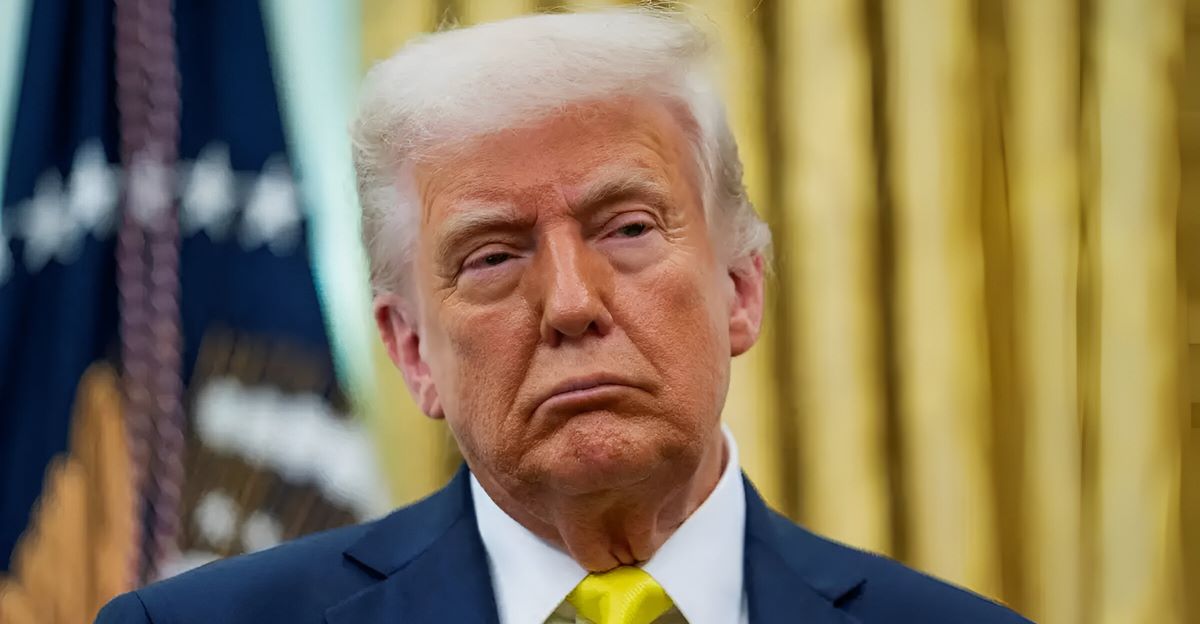
The Trump administration has recently dropped multiple lawsuits against major companies accused of cheating American consumers, reversing actions initiated primarily under the Biden administration. These lawsuits targeted corporations such as Capital One, Boeing, Rocket Homes, and others, alleging deceptive lending, fraud, and unethical business practices.
The Consumer Financial Protection Bureau (CFPB), a key federal agency responsible for consumer protection, has pursued these cases to hold corporations accountable and secure billions in relief for affected consumers. The decision to drop these lawsuits signals a significant shift in enforcement priorities, raising concerns about consumer protections and corporate accountability in the U.S.
Background on Consumer Protection Lawsuits

The CFPB and other federal agencies enforce consumer protection laws by investigating and litigating cases involving deceptive lending, unfair pricing, illegal kickbacks, and fraud. These lawsuits aim to safeguard consumers from corporate misconduct and recover financial losses.
Historically, the CFPB has successfully returned over $21 billion to consumers through enforcement actions before the recent drop in cases. The lawsuits dropped under the Trump administration involve a broad spectrum of consumer harms, reflecting the agency’s prior vigorous efforts to hold companies accountable for cheating Americans.
Key Companies Affected by Dropped Lawsuits
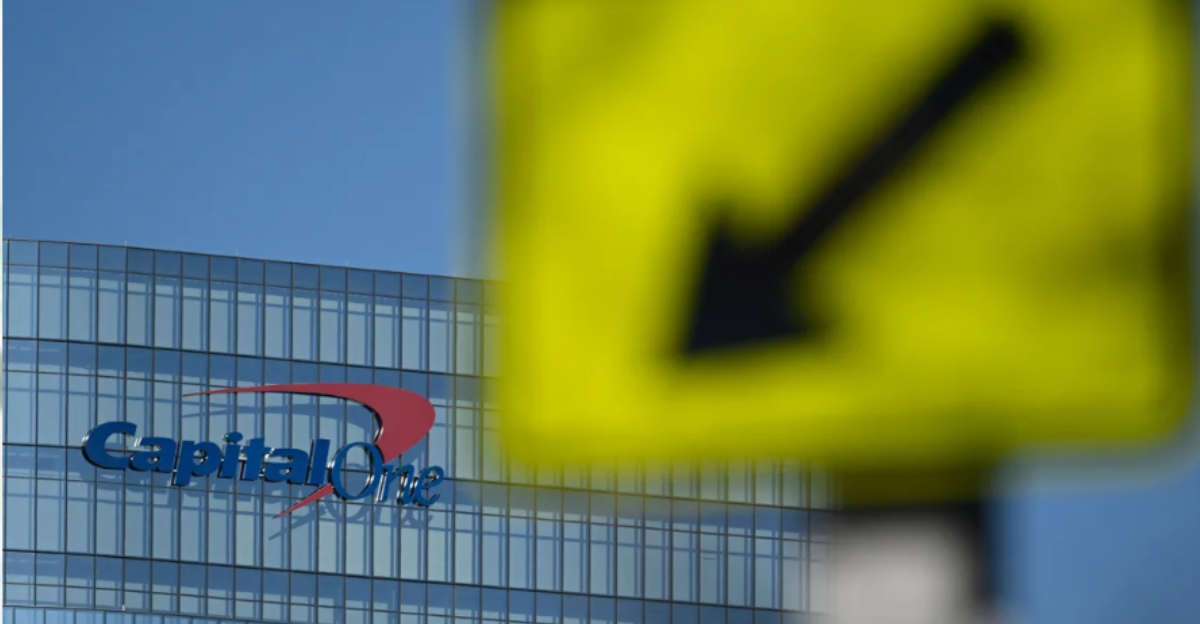
Several major corporations were implicated in the dropped lawsuits. Capital One faced allegations of a $2 billion cheating scheme involving unfair interest rates on savings accounts. Rocket Homes was accused of a kickback scheme steering borrowers to Rocket Mortgage, inflating housing costs. Vanderbilt Mortgage was sued for trapping families in risky loans.
The Pennsylvania Higher Education Assistance Agency was charged with collecting on student loans that borrowers did not owe. Boeing’s criminal case related to FAA deception in the 737 Max crashes, which caused 346 deaths, is also poised for dismissal, sparking moral outrage.
Impact on Consumer Financial Protection Bureau (CFPB)
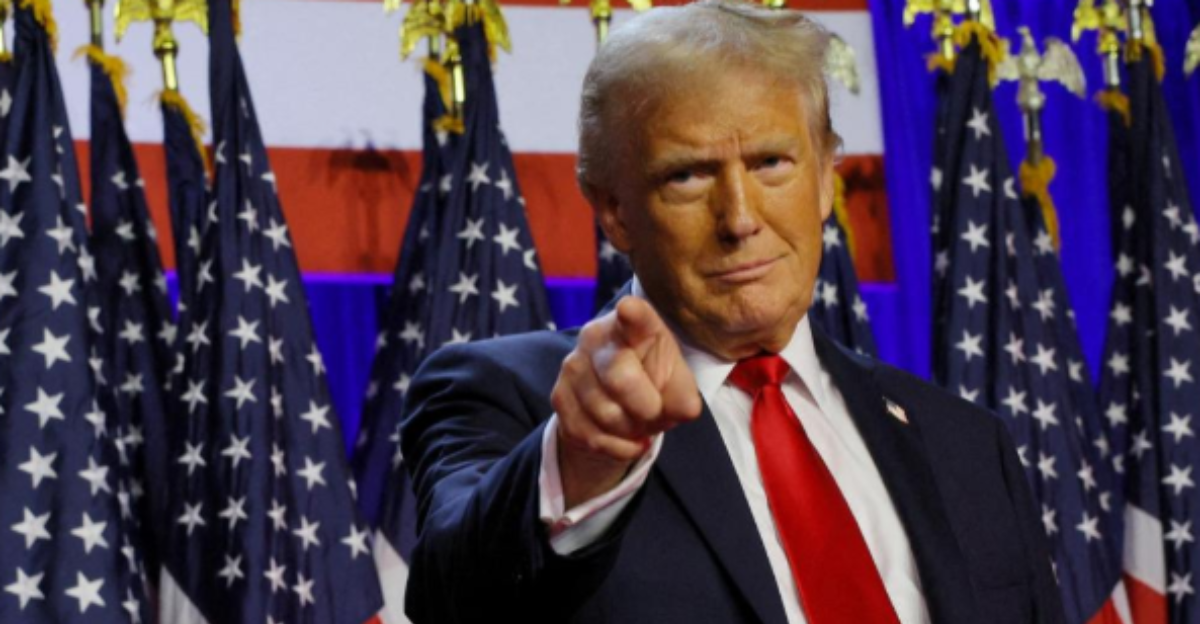
Under Trump’s leadership, the CFPB halted enforcement actions and shut down many agency operations. Over half of pending litigation was dropped or frozen, severely limiting the bureau’s ability to protect consumers.
This defunding and dismantling contrasts sharply with the CFPB’s previous role, which included securing billions in consumer relief and enforcing regulations against financial misconduct. The agency’s diminished capacity raises questions about the future effectiveness of consumer protection efforts in the U.S.
Consumer Advocates’ Response
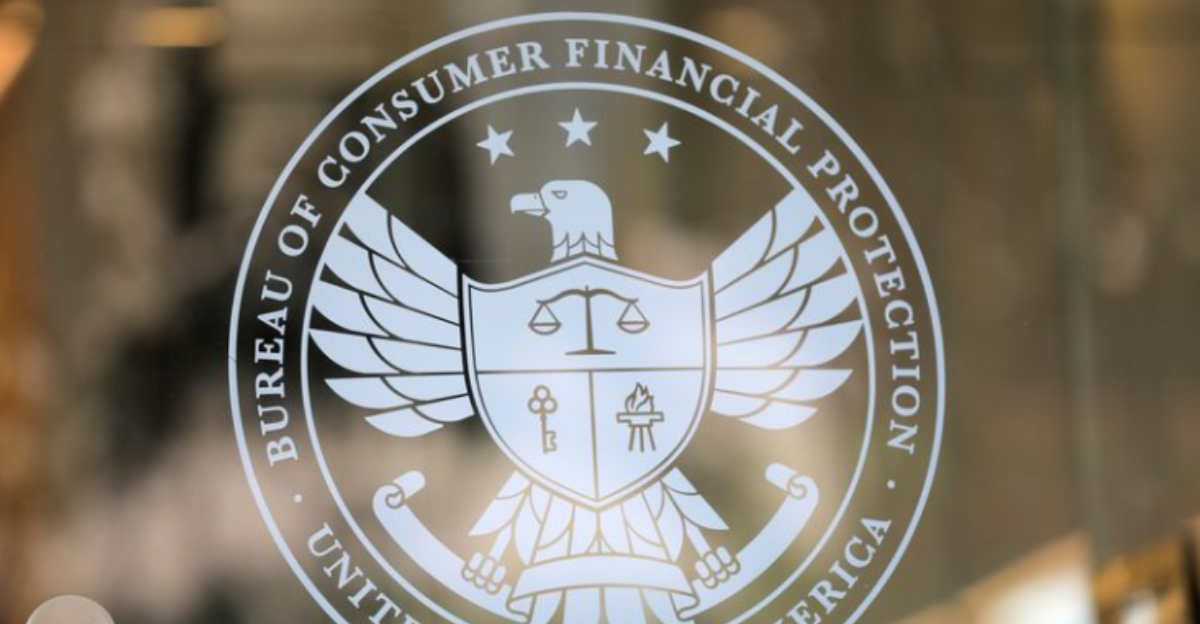
Consumer advocacy groups have strongly condemned the administration’s decision to drop these lawsuits. Experts like Chuck Bell of Consumer Reports describe the move as a drastic reduction of consumer financial protections, leaving individuals vulnerable to exploitation.
Morgan Harper of the American Economic Liberties Project called the abandonment of these cases a betrayal of consumer interests. Advocates warn that corporations may continue harmful practices unchecked without enforcement, depriving victims of justice and financial relief.
Political and Public Reactions
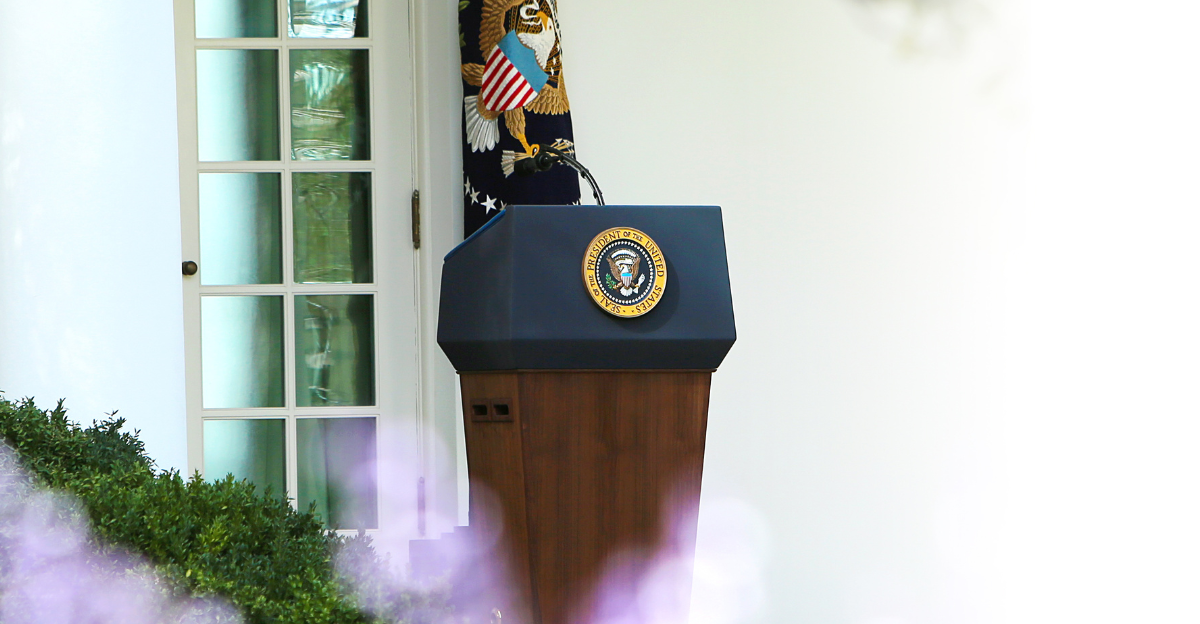
Political figures have criticized the Trump administration’s approach. Senator Elizabeth Warren condemned the decision favoring big business over consumers, stating it undermines the American Dream by allowing scams to persist.
The timing of dropping these cases ahead of major speeches and policy announcements has fueled debate about the administration’s priorities. The move has sparked broader concerns about regulatory rollback and its impact on public trust in government oversight.
Unexpected Intersections and Industry Implications

The dropped lawsuits intersect with multiple industries, including housing, banking, aviation, and education, highlighting the broad reach of consumer protection enforcement. Corporate lobbying and political influence have shaped enforcement priorities, potentially weakening regulatory frameworks.
The long-term effects may include diminished consumer trust, increased corporate misconduct, and challenges in holding companies accountable across sectors critical to everyday life.
Contrarian Perspectives and Legal Nuances

Dropping lawsuits does not necessarily imply that companies are innocent of wrongdoing. Investigations could be resumed or replaced by other enforcement actions. The administration has indicated intentions to pursue alternative policies, such as focusing on diversity and inclusion enforcement.
Legal complexities and strategic considerations may influence the decision to pause or dismiss cases, suggesting that the enforcement landscape remains fluid despite the current halt in litigation.
Extreme Examples and Surprising Case Studies

The Boeing 737 Max case exemplifies the stakes involved: despite two crashes killing 346 people, the criminal case against Boeing is set to be dismissed, provoking outrage from victims’ families.
Capital One’s alleged $2 billion cheating scheme affected millions of consumers, showcasing the scale of financial harm involved. These extreme examples underscore the consequences of dropping enforcement actions and highlight the critical need for robust consumer protection mechanisms.
How This Affects Americans Today
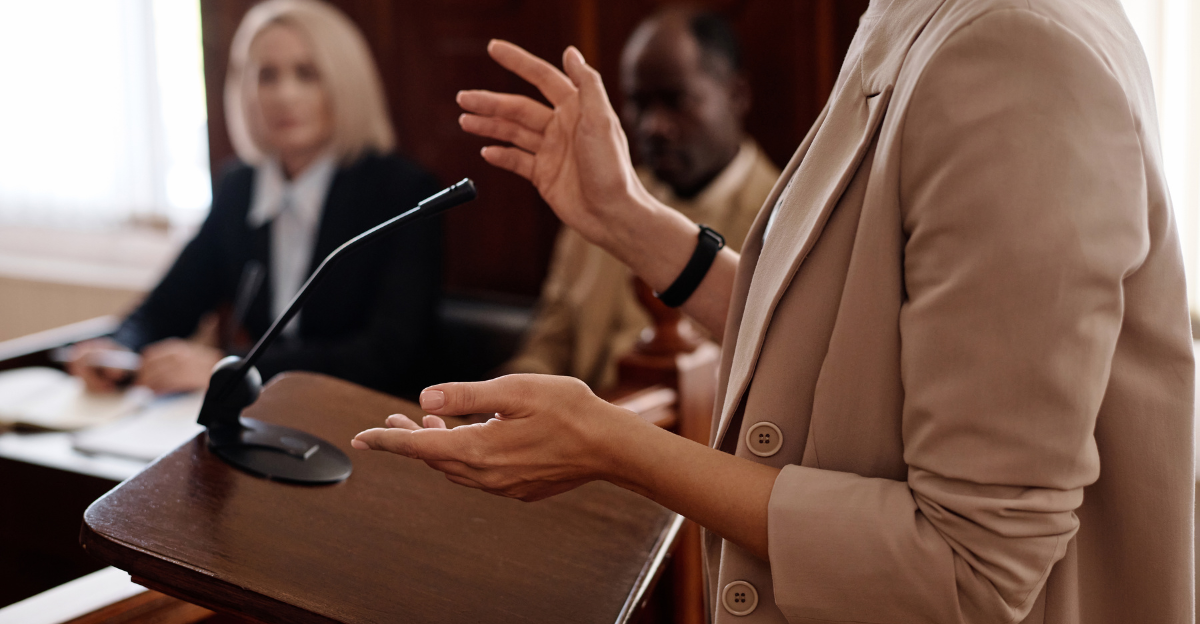
For American consumers, dropping these lawsuits means fewer legal avenues to challenge corporate fraud and predatory practices. This increases the risk of unchecked misconduct in financial services, housing, and other vital sectors.
The erosion of consumer trust complicates individuals’ ability to protect themselves without government oversight. Awareness and advocacy are essential to restore protections and hold corporations accountable, ensuring consumers are not left vulnerable to exploitation.
Discover more trending stories and Follow us to keep inspiration flowing to your feed!

Craving more home and lifestyle inspiration? Hit Follow to keep the creativity flowing, and let us know your thoughts in the comments below!
